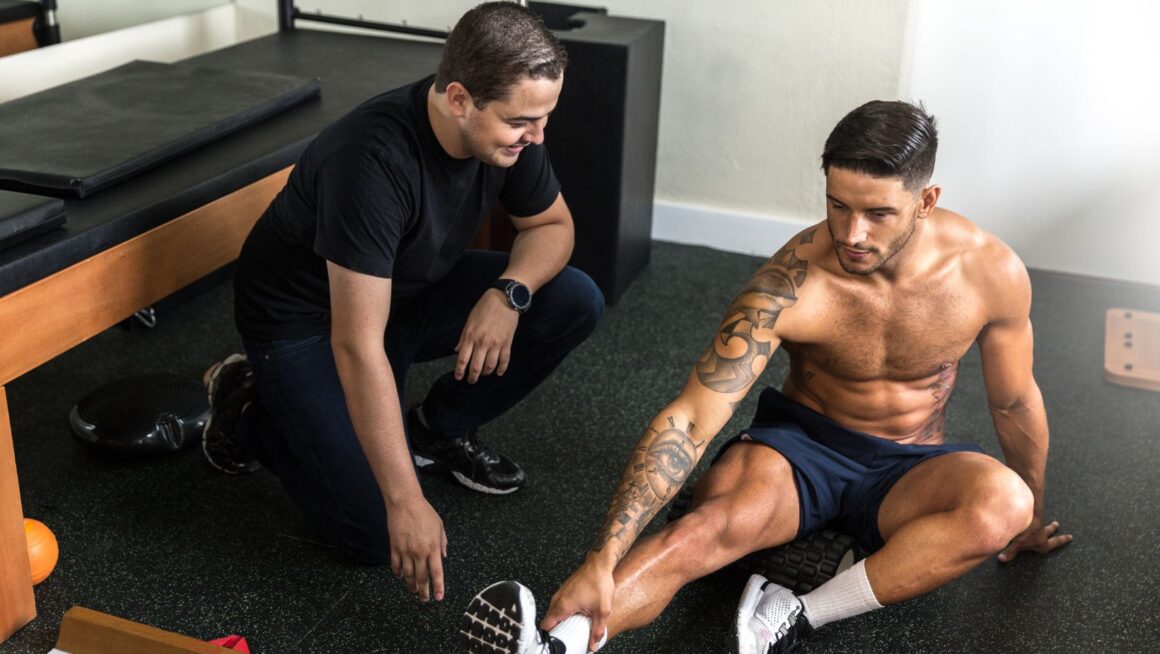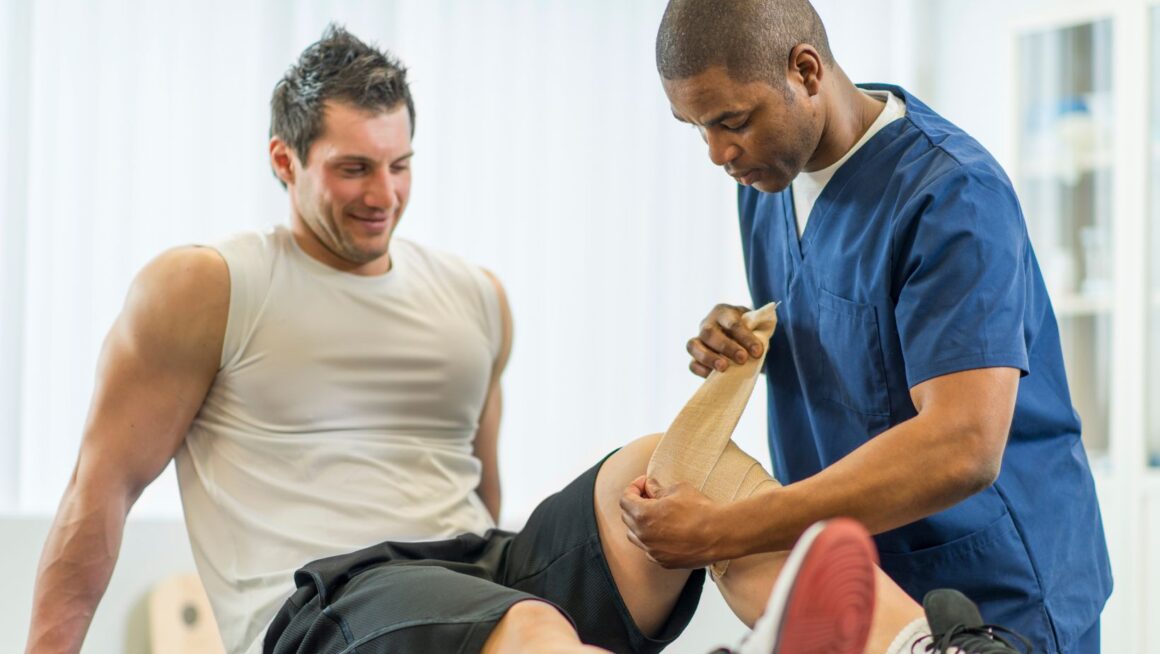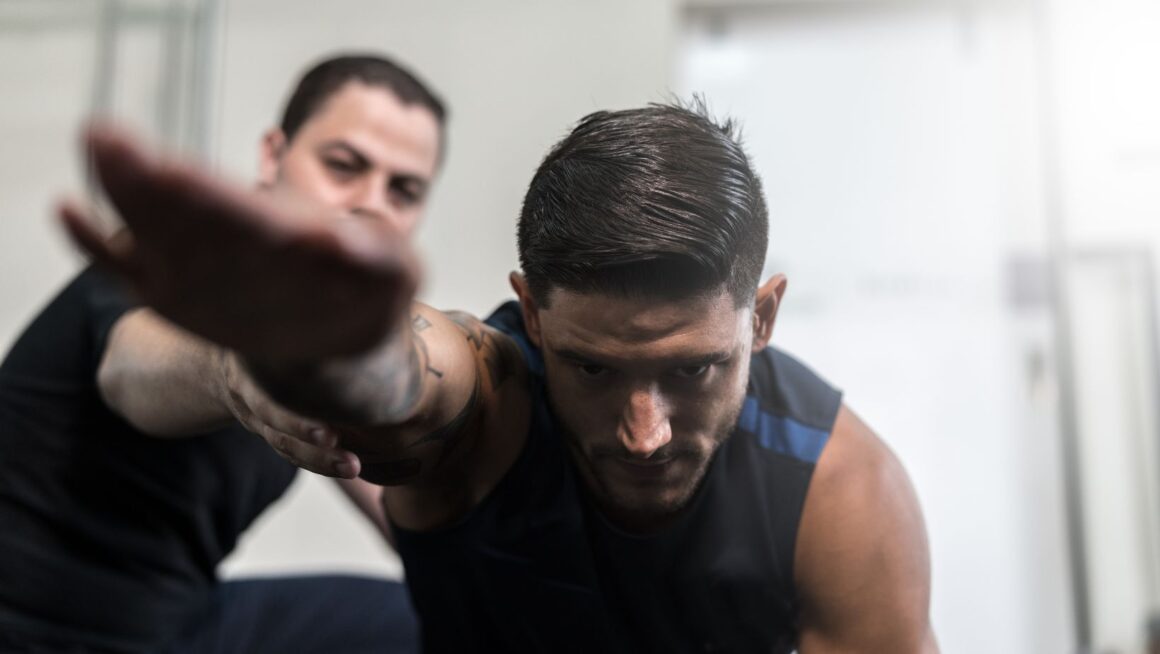
Performance medicine and sports therapy play crucial roles in enhancing athletic performance and preventing injuries. Athletes are constantly seeking ways to optimize their physical abilities and recover faster from strenuous activities. In this article, we delve into the world of performance medicine and sports therapy to explore how these practices can benefit athletes of all levels.
From professional athletes to weekend warriors, the demand for specialized care in sports therapy is on the rise. Whether it’s treating acute injuries or developing personalized performance enhancement programs, the intersection of medicine and sports science offers a holistic approach to achieving peak athletic performance.
Performance Medicine and Sports Therapy
The Emergence of Performance Medicine
 Performance medicine has emerged as a crucial aspect of athletic care, focusing on enhancing performance and preventing injuries. This field integrates medical practices with sports science to optimize athletes’ physical capabilities. By tailoring treatments and interventions to individual athletes’ needs, performance medicine helps in achieving peak performance levels. Athletes can benefit from personalized care that addresses both their immediate concerns and long-term performance goals.
Performance medicine has emerged as a crucial aspect of athletic care, focusing on enhancing performance and preventing injuries. This field integrates medical practices with sports science to optimize athletes’ physical capabilities. By tailoring treatments and interventions to individual athletes’ needs, performance medicine helps in achieving peak performance levels. Athletes can benefit from personalized care that addresses both their immediate concerns and long-term performance goals.
Sports therapy plays a vital role in ensuring athletes receive comprehensive care to perform at their best. Sports therapists specialize in preventing, diagnosing, and treating injuries related to sports and exercise. Through techniques such as rehabilitation exercises, manual therapy, and injury prevention strategies, sports therapy aims to enhance athletes’ recovery processes and overall performance. This specialized form of therapy is essential in maintaining athletes’ well-being and maximizing their potential on the field.
Key Components of Performance Medicine
Nutrition and Hydration Strategies
 Optimizing nutrition and hydration are fundamental components of performance medicine in enhancing athletic abilities. Athletes require specific dietary guidelines tailored to their individual needs to fuel performance and aid recovery. It’s crucial to maintain a balance of macronutrients like carbohydrates, proteins, and fats to support energy levels, muscle repair, and overall health. In addition, adequate hydration plays a vital role in sustaining peak performance and preventing fatigue. Sports therapists work closely with athletes to design nutrition plans that encompass pre-competition meals, post-workout recovery snacks, and hydration protocols to maximize their physical capacities.
Optimizing nutrition and hydration are fundamental components of performance medicine in enhancing athletic abilities. Athletes require specific dietary guidelines tailored to their individual needs to fuel performance and aid recovery. It’s crucial to maintain a balance of macronutrients like carbohydrates, proteins, and fats to support energy levels, muscle repair, and overall health. In addition, adequate hydration plays a vital role in sustaining peak performance and preventing fatigue. Sports therapists work closely with athletes to design nutrition plans that encompass pre-competition meals, post-workout recovery snacks, and hydration protocols to maximize their physical capacities.
In performance medicine and sports therapy, a primary focus is on implementing proactive injury prevention techniques to safeguard athletes’ well-being. Professionals utilize a variety of strategies such as warm-up routines, flexibility exercises, strength training programs, and proper biomechanics to minimize the risk of injuries during training and competitions. By addressing muscle imbalances, optimizing movement patterns, and conducting regular screenings, sports therapists aim to reduce the likelihood of overuse injuries and enhance athletes’ resilience.
Recovery and Rehabilitation Processes
Efficient recovery and rehabilitation processes form the cornerstone of performance medicine, aiding athletes in recovering from injuries and strenuous physical activities. Sports therapists employ a range of recovery modalities like cryotherapy, massage therapy, compression garments, and foam rolling to expedite muscle recovery and alleviate soreness. Rehabilitation protocols involve tailored exercise programs, manual therapies, and gradual progression back to full training to restore function and performance post-injury.
Advances in Sports Therapy
Innovative Treatments for Athletes
 Revolutionary advancements in sports therapy have paved the way for cutting-edge treatments tailored specifically for athletes. These treatments encompass a range of modalities designed to optimize performance, expedite recovery, and prevent injuries. From regenerative medicine techniques like platelet-rich plasma therapy to state-of-the-art rehabilitation equipment, athletes now have access to a diverse array of innovative treatments. These treatments not only target existing injuries but also focus on enhancing overall athletic performance by leveraging the latest medical advancements.
Revolutionary advancements in sports therapy have paved the way for cutting-edge treatments tailored specifically for athletes. These treatments encompass a range of modalities designed to optimize performance, expedite recovery, and prevent injuries. From regenerative medicine techniques like platelet-rich plasma therapy to state-of-the-art rehabilitation equipment, athletes now have access to a diverse array of innovative treatments. These treatments not only target existing injuries but also focus on enhancing overall athletic performance by leveraging the latest medical advancements.
The integration of technology has significantly transformed the landscape of sports rehabilitation by providing precise monitoring, analysis, and personalized care for athletes. Wearable devices, such as activity trackers and smart rehabilitation tools, enable real-time performance tracking and data-driven insights. These technological innovations offer a holistic approach to rehabilitation, allowing for tailored exercise programs and remote monitoring by healthcare providers. By incorporating technology into sports rehabilitation, athletes can receive more efficient and effective care, leading to enhanced performance outcomes and accelerated recovery times.
